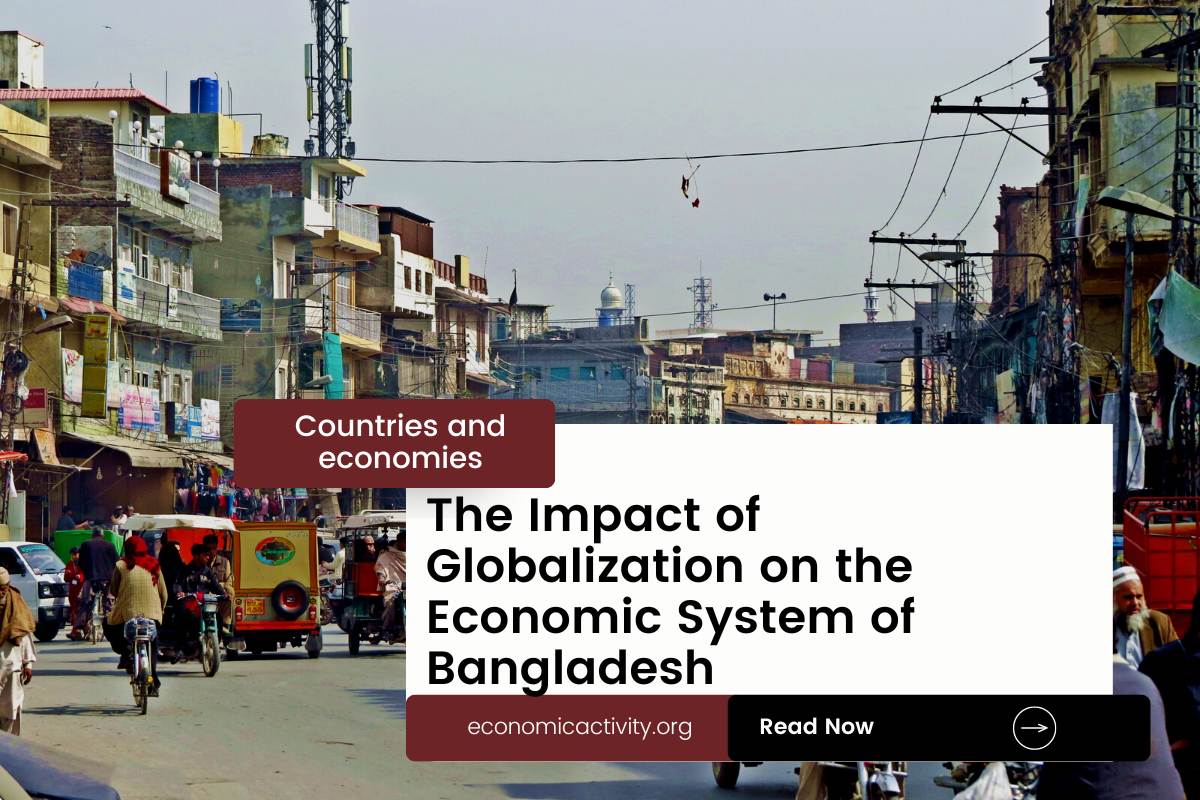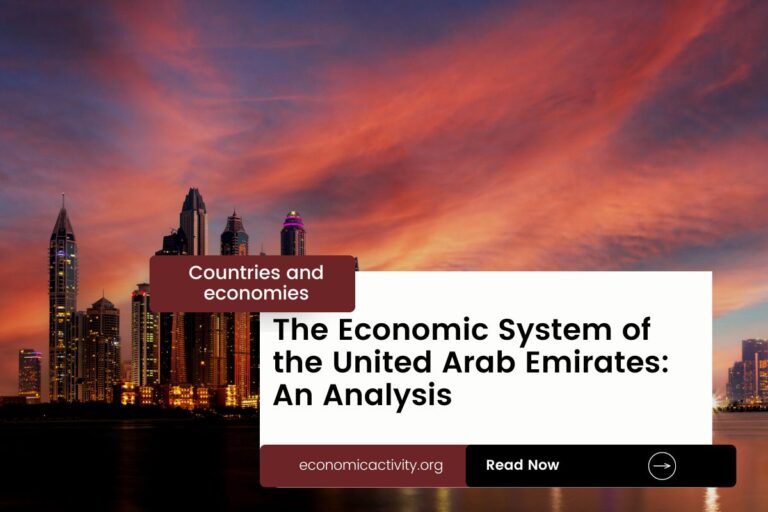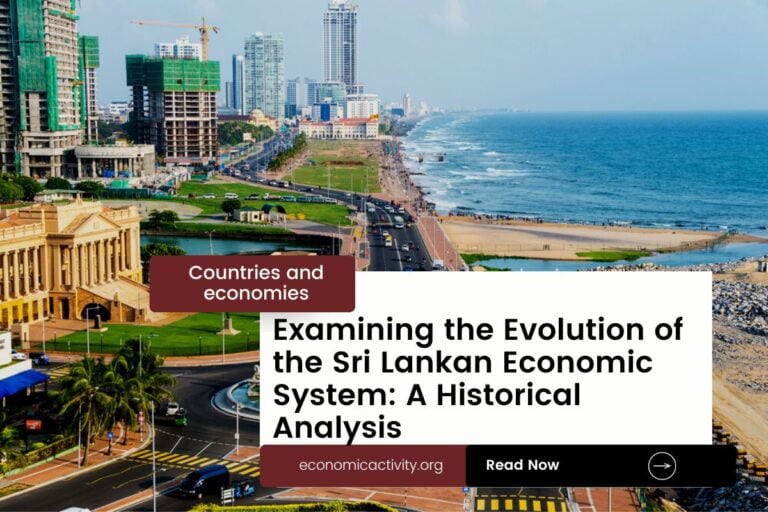What is the economic system of Bangladesh? The economy of Bangladesh is based on a mixed economy. The country’s economic system combines elements of a market economy and a planned economy.
In Bangladesh, the economy is composed of a private sector, consisting of individuals and businesses that make autonomous decisions based on self-interest, and a public sector, where the state determines the production and distribution of certain goods and services. No country is purely capitalist or purely communist.
What do the freedom indexes tell about the economic system of Bangladesh?
Now, to determine if a country is mostly a market economy or a planned economy, it is useful to examine some economic indexes. For instance, according to the 2022 Index of Economic Freedom, which measures the ability of every human to control his own labor and property, Bangladesh is ranked 137th globally and 29th in Asia-Pacific indicating that the country has a mostly unfree economy.
In a similar way, the 2022 Freedom House index evaluates the state of political rights and civil liberties globally. Generally, market economies tend to align more with democracy and freedom, while command economies tend to be characterized by greater state control and fewer democratic and civil liberty protections. Bangladesh gets a score of 39/100, which qualifies it as Partly Free. Bangladesh is considered to have a government that does not control what people do, and people can make their own economic decisions, but it is only considered an electoral democracy, lacking full liberal democratic protections.
The Link Between Public Sector Employment and the Economic System of Bangladesh
An indicator of the extent to which the State is involved in the economy is the number of public sector employees. In Bangladesh, according to ILOSTAT, the number of public sector employees as a percentage of the total workforce is 3.1% (2017). In the country’s mixed economy, the number of public sector employees as a percentage of the total workforce varies based on the specific policies and practices adopted by the State. Some economic activities are left to the private sector while others are under government control. The bigger the public sector the closer is the economy to being a command economy.
What does the biggest company in Bangladesh say about the country’s economic system
The biggest company in Bangladesh should also be looked at, as well as whether it is a state-owned or private company. In this case, Grameenphone is a mixed private-public company from Bangladesh. It is a joint venture between Telenor, a Norwegian telecommunications company, and Grameen Telecom, a Bangladeshi non-profit organization.
The historical factors that have influenced the economic system of Bangladesh
The mixed economy system of Bangladesh in the last century is the result of multiple factors, including the country’s colonial history, the emergence of a globalized economy, and the government’s economic policies. Colonial rule left the economy largely agrarian, with limited industry and infrastructure. The emergence of a globalized economy increased competition and opened up new markets. These factors created the current mixed economy system of Bangladesh.





Leave a Reply